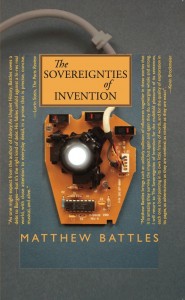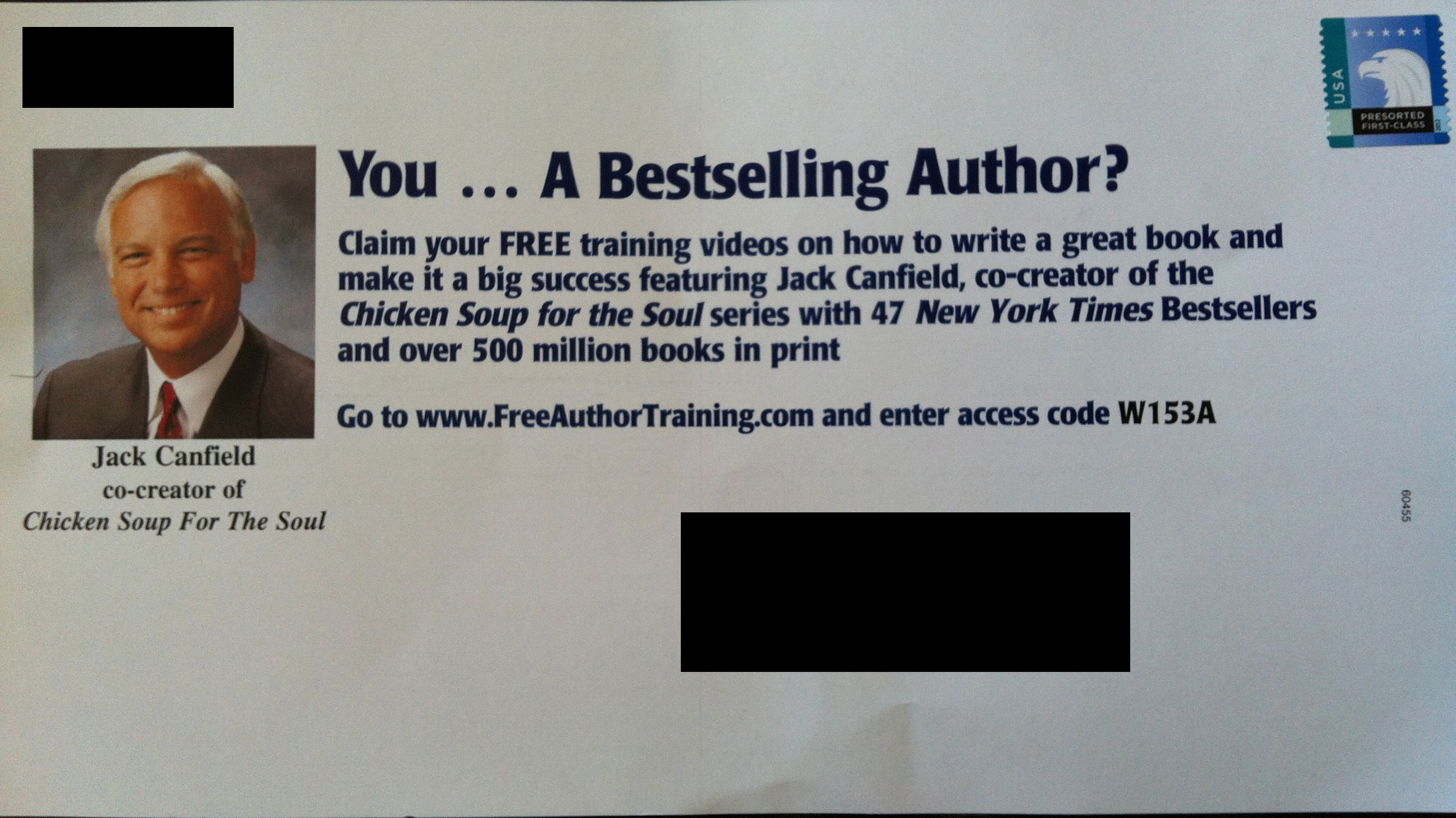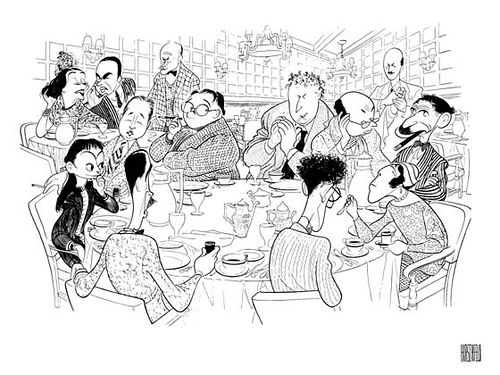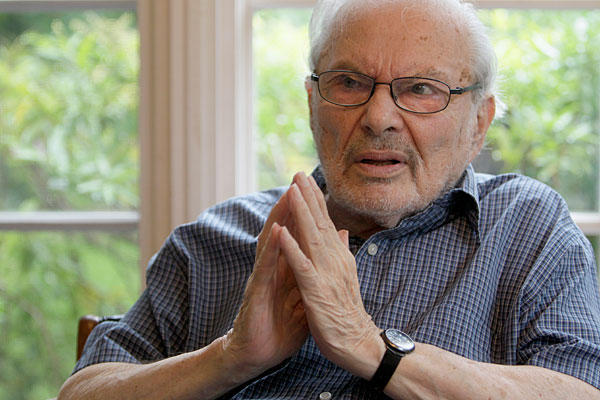I have this short story collection called May We Shed These Human Bodies that just came out from Curbside Splendor, and I think probably the thing people ask most often about it is “how do you put together a short story collection?” And honestly, I have no fucking clue. But I can tell you that this version of the collection, the version that Curbside Splendor picked up, is probably the tenth version of this collection. It has had other names, other stories, other orders and versions, has been longer or shorter, and at one point in its long history of rejection sat in my laptop’s trash for four months. It has been rejected or ignored by nine publishers in its various forms. So what I can tell you, judging by my own experience only, is how NOT to put together a short story collection – at least, if you want it to be published.
DO NOT say to yourself, Well, I’ve got a lot of stories now, so I guess it’s time to shove them all into a manuscript and send it around. This is not a good reason to compile a short story collection. Are your stories good? Do they complement each other in some way? Do they reflect the very best of your writing? Then by all means, go to it. But be aware: selling a short story collection is very difficult. Editors like novels. Some presses only publish novels. This doesn’t meant that you won’t be able to sell your collection but do not think that this will be an easy task. As a short story writer, you already have an uphill battle to fight. If you’re working on a novel, or have a fantastic idea for a novel, it might be better to just do that instead. If, like me, you are deep-in-your-soul a short story writer, then I am sorry for you and glad for you. Just be prepared for a long slog.
DO NOT treat your story collection like a mix tape. Please dear god no stop do not do this. I followed this advice, or tried to follow it, because I heard it over and over again. I think writers repeat it because they want their book to be as cool as an album. Look. Stories are not songs. Trying to figure out how to make your book like a mix tape will drive you crazy (long short long? Two depressing stories and an upbeat one?) and will be, in the end, completely useless to you. If you really, really like the idea of a mix tape, go and make one for your friend or lover or sibling and get it off your chest. Then go back to compiling your book.
DO NOT include every single piece of shit you’ve ever written in your collection. If your story collection is too short without it, then guess what? You don’t have enough material for a collection yet. No filler. Be selective. I even had to cut some of my favorite stories out of my book because they just didn’t fit anywhere, so they eventually had to come out. I’m sure my stubbornness about that cost me a few publishers at least.
DO NOT send a book full of only short shorts to a publisher. Unless that is all you write, of course, and then I cannot help you. I’ve written a lot more flash fiction than I have longer stories, but have you noticed? People who aren’t writers hate flash. Which is most of the people who you want to buy your book. So if you want to fill your collection up with a lot of flash fiction (and mine has a lot) you have to a) balance that shit out with some longer pieces and b) be prepared for readers to ignore all your flash and only love your longer pieces. Sorry, but that’s just the way it is. Don’t believe me? Talk to your non-writer friends and family and ask them what they think of page-long, two-page-long stories. Go ahead. I’ll wait.
DO NOT misspell the first word of your first sentence of your first story in your collection, and force the poor publisher rejecting you to inform you of this problem. Did this happen to me? Yes, yes it did. And by “happen to me,” I mean, “I was a fucking dumbass who thought I could catch all my own mistakes while writing.” Don’t let this be you. Use Spellcheck for the love of all things holy and good.
DO NOT save the best for last. Save the best for first. Put every single “best” story in the beginning. Frontload that motherfucker and then frontload it some more. Great story, great story, great story, great story – keep them hooked and don’t let them read anything less than your best until at least halfway through. In fact, let all of the stories be your best. Keep pushing the reader in, not letting up, and end on a high note, too. This is another good reason to include only the best stories in your collection. People are distracted and fidgety. Haven’t you heard? We are all A.D.D. now. We are all caught up in the speed of the tubes. Don’t give people a reason to stop reading. Don’t sell that collection until everything in it is the best goddamn thing you’ve even written. And even then, cut the weakest best. Cut more. Write better. Cut more. Write best. Then send it out. Then cross your fingers and toes. Then hope for the best and prepare for the long, slow wreck of the worst.
What about you guys? What have you all learned not to do when compiling a collection of short fiction? How about the poets out there? Non-fiction writers? What rules of the road do you guys try to follow?






